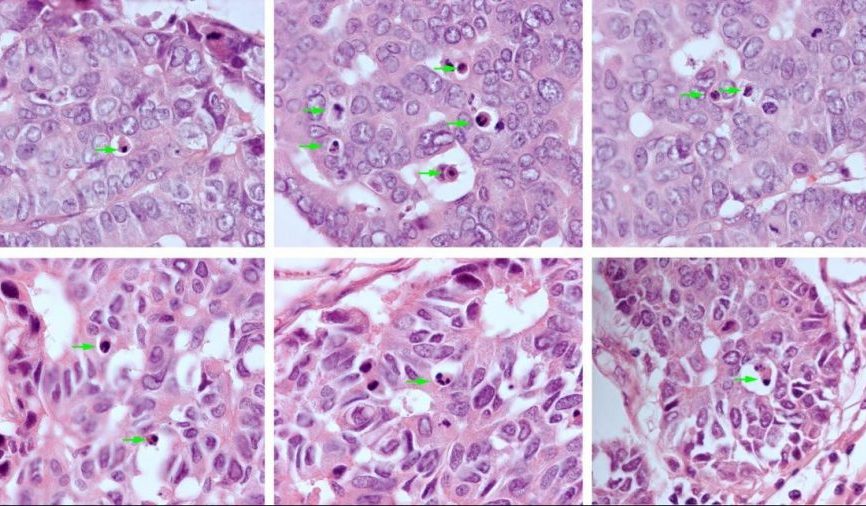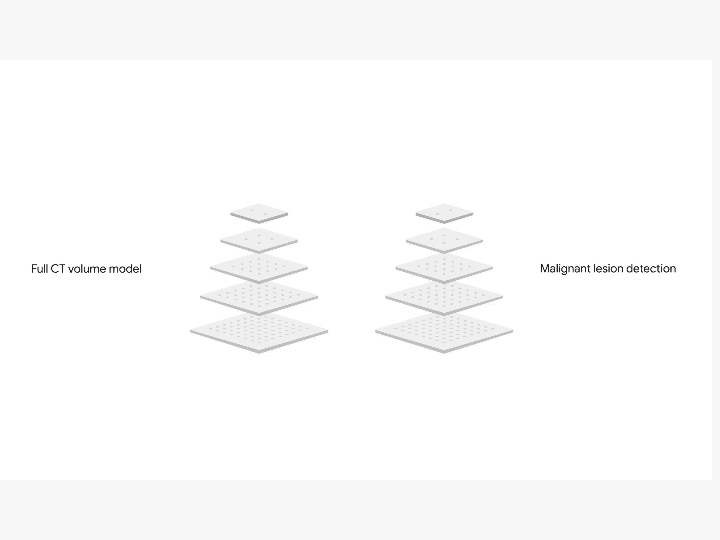
A group of researchers from Google AI, Stanford University School of Medicine, Northwestern Medicine and NYU Langone Health published their work on early lung cancer diagnosis with machine learning.
The paper, named “End-to-end lung cancer screening with three-dimensional deep learning on low-dose chest computed tomography”, was published in Nature Medicine today and contains promising findings that the team of researchers discovered in the past few years.
Researchers explored the idea of using advanced machine learning methods to help identify more lung cancer cases in the early stages and increase survival likelihood. They explored more than 45 thousand chest CT screening cases and developed a modeling framework that can generate 3D volumetric malignancy predictions.
“Radiologists typically look through hundreds of 2D images within a single CT scan and cancer can be minuscule and hard to spot. We created a model that can not only generate the overall lung cancer malignancy prediction (viewed in 3D volume) but also identify subtle malignant tissue in the lungs (lung nodules). The model can also factor in information from previous scans, useful in predicting lung cancer risk because the growth rate of suspicious lung nodules can be indicative of malignancy.” says Shravya Shetty, Technical Lead at Google.

The proposed model was evaluated and compared with human experts radiologists. Researchers report that the model performed as good or better than the human experts and detected five percent more cancer cases.
This work represents a promising step forward towards automatic cancer identification in early stages using machine learning. More details about the project can be found on Google’s blog post. The full paper can be read here.